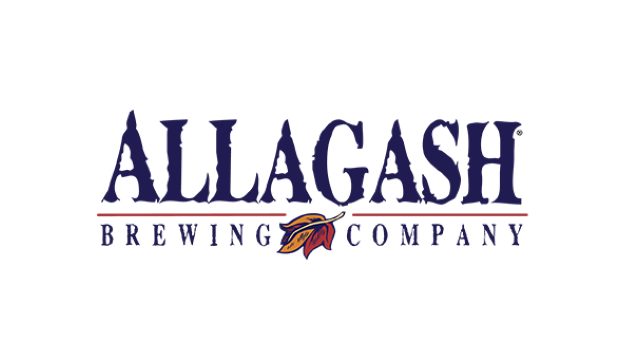Allagash Is Canning its First Ever Beer … And Not the One You’re Expecting

Portland, Maine’s Allagash Brewing is one of the country’s greatest pioneers of Belgian and wild ale styles, and it has been ever since the company opened in 1995. For more than 20 years, the brewers of Allagash have been setting trends in this country’s beer culture, introducing novel beers that have highlighted a variety of Belgian-inspired yeast strains, wild yeast in the form of brettanomyces and pioneering use of fruit in American craft beer. There’s very few breweries we could respect any more.
But with that said, there’s one area where Allagash could be said to have lagged behind the times: Canned beer. Like some of the other, older breweries from its generation, Allagash has been slow and cautious in embracing the trend toward portable, convenient and recyclable canned beer. It’s not all that surprising—older craft breweries were born in an era when cans were synonymous with cheap macro lagers, and drinkers seeking quality favored beer coming out of brown glass bottles. Now, however, things have changed. Modern can technology has forced a reassessment of cans as a packaging tool, and even the most die-hard bottle proponents are recognizing it.
You can now add Allagash to that list, as the brewery is currently planning its first ever canned beer release in 23 years. However, it’s not the beer you might expect—the iconic Allagash White—that will be receiving the can treatment. The reason is likely volume—Allagash produces a ton of White as its flagship beer, and the logistics of switching that beer over to cans, even partially, is probably a Herculean undertaking. So instead, the brewery will first dip a toe into craft cans by canning their tasty Hoppy Table Beer, a brew that splits the difference between “Belgian pale ale” and “Belgian session IPA.” The cans will be 16 oz, in an appealing seafoam green, and will start entering cans next week. Four-packs of the cans will only be available at the Portland brewery, to start, in what is essentially a quality control testing window.
-

-

-

-

-

-

-

-

-

-

-

-

-

-

-

-

-

-

-

-

-

-

-

-

-

-

-

-

-

-

-

-

-

-

-

-

-

-

-

-








































